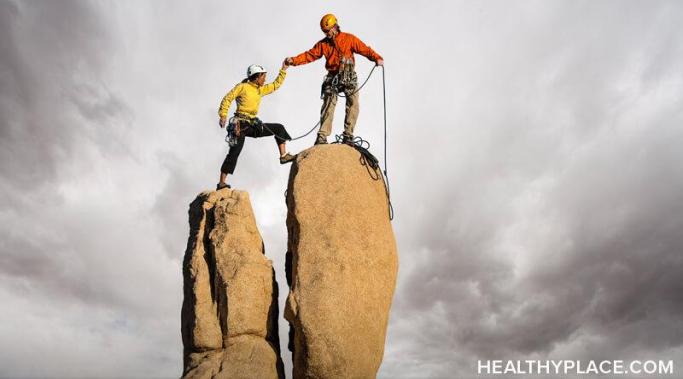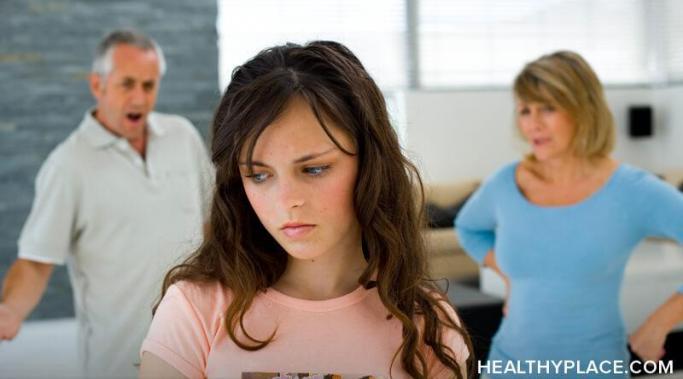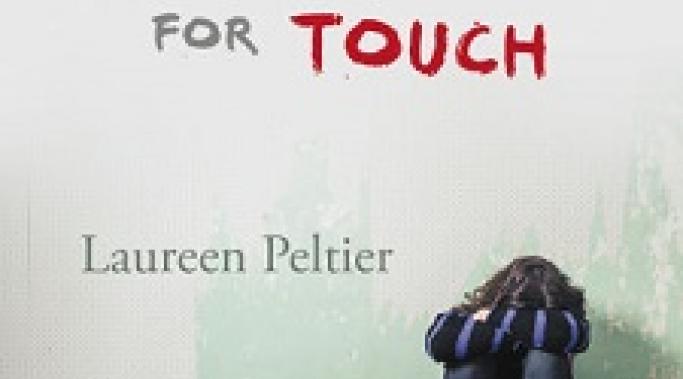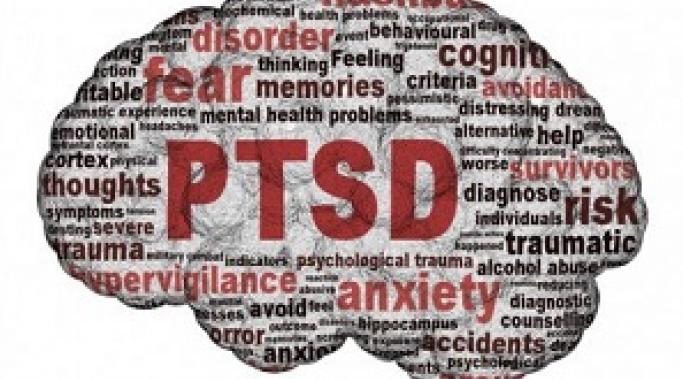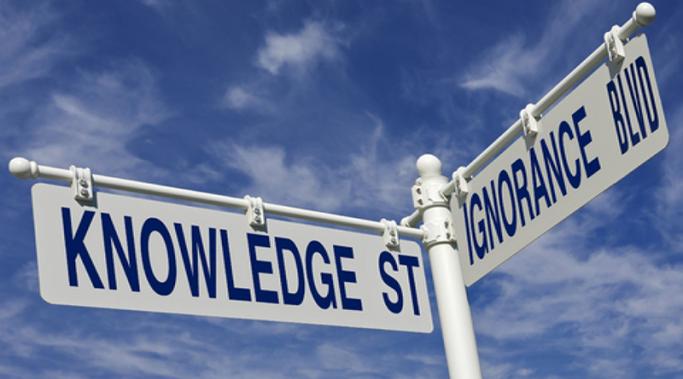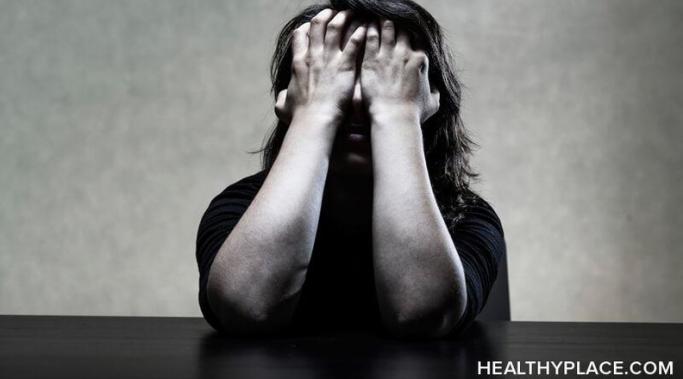Posttraumatic stress disorder (PTSD) and fear are the best of friends. Fear is the driving force behind our fight-or-flight instinct, the most primal emotion we experience. While fear can exist without PTSD, PTSD can't exist without fear. Because of this connection, overcoming trauma-related fears is an important part of PTSD recovery.
PTSD Causes
Generational silence surrounding complex posttraumatic stress disorder (complex PTSD, often shortened to C-PTSD) and the abuse that can cause it makes growing up in a physically, mentally or emotionally abusive family especially hard. When family members tell you that you need to just shut up and accept it's just how the family is, you can be left feeling hopeless and broken. This attitude is passed on from generation to generation with the expectation that the next generation will also keep quiet. It is the curse of generational silence and it can feed complex PTSD, but it's a curse that you can break.
The #MeToo hashtag campaign exposed sexual violence (including sexual harassment and rape) as a significant event in the lives of most women. One of the most common forms of this violence is sexual harassment. A few examples of sexual harassment are catcalling, suggestive comments at school or work, and unwanted sexual advances. Many women have experienced at least one instance of everyday sexual harassment, and one in five has experienced a major act of sexual violence, like rape.
The effects of childhood sexual abuse can be felt for a long time after childhood is over, even a lifetime, if left untreated. I have found that to be true for me, as well as many others I know who have posttraumatic stress disorder (PTSD) resulting from childhood sexual abuse. I recently read a book called, Hungry for Touch, A Journey from Fear to Desire, by Laureen Peltier that is an excellent example of how childhood trauma can cause PTSD symptoms much later in life. The book also shows how perseverance in treatment can bring healing from the long-term effects of childhood sexual abuse.
Have you ever wondered how trauma affects the brain? It's something that I thought about a lot after being diagnosed with posttraumatic stress disorder (PTSD). I wanted (needed) to know that there was a physical reason I wasn't able to let go of the trauma, to just "get over it," like other people have done. The fact is, trauma affects the brain and some of us who suffer trauma and develop PTSD do so because our brains process trauma differently than others.
You hear more about posttraumatic stress disorder (PTSD) now than ever before. However, have you heard these 10 things you should know about PTSD?
Six months ago I was in the intensive care unit (ICU) with sepsis. When I came out, my brain was significantly impaired. I couldn’t read, write or speak fluently. I’m in my 40s and suddenly everything I depended on about myself in terms of being able to communicate both personally and professionally had become enormously dysfunctional. I worried I’d never be the same.
When the neurologist and my physician visited my hospital room, I expressed how frightened I was that my brain was going to be changed forever. Immediately, the physician put my fears to rest.
“Don’t worry, you’re going to be fine,” he said. “If you were younger – if you were a child – we’d have more to be concerned about. The brain continues its original development up to the age of twenty-five. If this trauma to your brain had happened during that timeframe we wouldn’t be able to guarantee anything. But you’re old enough so that your neural networks have fully developed. All of your regular neural functions should come back within six months.”
He was right. Slowly, all of my reading, writing and speaking skills have returned. But what happens to people traumatized at a younger age? New research about childhood bullying further proves that the impact of what happens during those crucial years of brain development can last well into adulthood.
On 9/11 I was living on the Upper West Side of Manhattan. I was already deep into years of my posttraumatic stress disorder (PTSD) struggle. At the time of the attacks I was “sleeping late” due to my all-night insomnia. What woke me that morning was the enormous number of sirens careening down Broadway just outside my window. I lived one block from a firehouse and the amount of activity from their garage and on the street was deafening.
I sprang out of bed with my heart pounding. I’d been sensitizing my amygdala for years, so it took very little for me to have an exaggerated startle response and a quick emotional reaction when things out of the ordinary occurred. I turned on the radio and then the TV and watched as the drama unfolded.
New York is a tough city, but that day, a new type of survivorship had just begun.
So many times I've heard civilians say, "You mean, major trauma that leads to PTSD happens outside of the military?" The answer, of course, is a big, resounding, YES! The problem is that we don't have enough sources demystifying trauma and PTSD so that it's easy to see where it comes from and how it happens (Finding Meaning in Trauma and PTSD).
It's a common worry: If I heal PTSD symptoms, and then experience another trauma, will PTSD return?
I've been thinking about that question a lot lately. I hear it often from the survivors I coach, and also from the enormous PTSD community in which I participate.
And now, I'm thinking about it for an even more personal reason: Two weeks ago I almost died in a trauma eerily reminiscent of my original, PTSD-creating experience.
